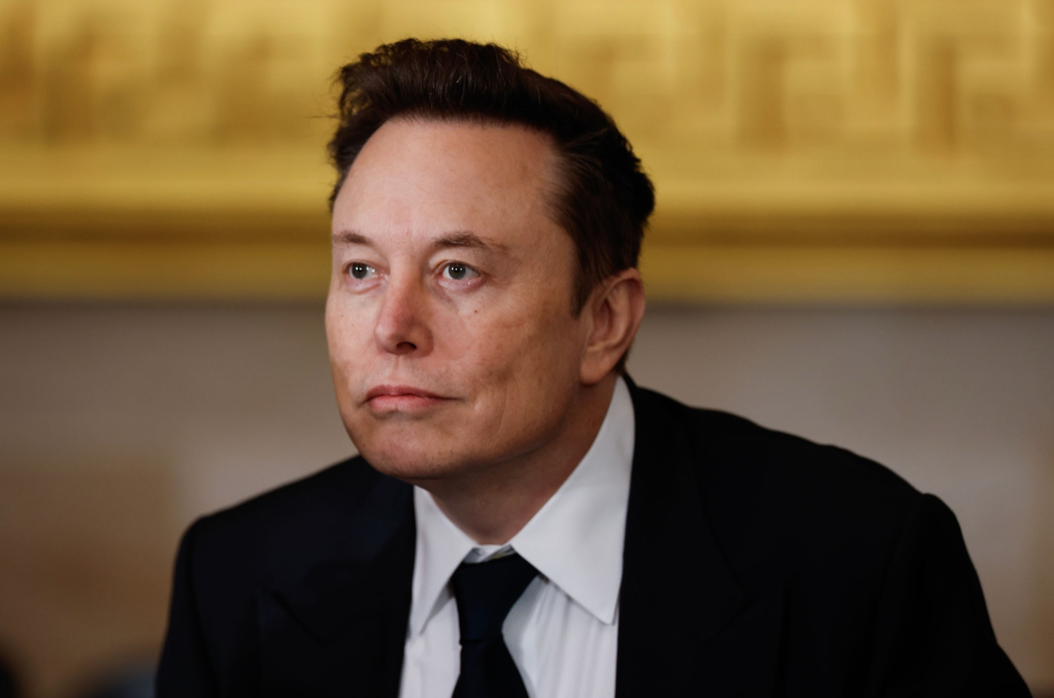Photo: Depositephotos
A new currency report by the US Treasury Department released on Thursday indicates that none of the key partner countries will be designated as manipulators in 2024. However, the list of countries subject to enhanced monitoring has been expanded to nine, including Ireland and Switzerland, Reuters reports .
The report, which was the first to be issued by the newly elected Donald Trump, pays particular attention to China. Although no formal accusation of manipulation was made, the US accused Beijing of “significant opacity” in its exchange rate policy. The Ministry said it would closely monitor China’s actions, and in the event of market interference, it is ready to officially recognise the country as a currency manipulator.
“This lack of transparency will not prevent us from making the appropriate designation if we have sufficient evidence that China is impeding the appreciation of the yuan,” the US Treasury said in a statement.
In addition to China, Japan, South Korea, Taiwan, Singapore, Vietnam, Germany, Ireland, and Switzerland are also under close scrutiny. Inclusion on the list is based on meeting at least two of the three criteria: a significant trade surplus with the US (over $15 billion), a current account surplus of over 3% of GDP, and persistent unilateral currency interventions.
Ireland and Switzerland were included in the list because of their trade and current account surpluses. The Swiss central bank has already responded to the accusations, stating that it does not manipulate the currency and that its currency actions are dictated by the need to curb deflation: in May, inflation in the country fell to negative.
The report comes amid another escalation in trade tensions between the US and China. Donald Trump, who returned to the White House in January, has already had his first phone call with Chinese President Xi Jinping, and on 12 May the parties reached a temporary 90-day agreement to reduce tariffs.
Attention to China’s foreign exchange policy has increased in particular amid the weakening of the yuan, which, according to the US, may be artificial. Washington is also considering expanding monitoring to include the activities of China’s sovereign wealth funds and state pension structures if they are found to be involved in currency interventions.
Against the backdrop of geopolitical instability and a new trade war, the US dollar has already lost about 9% since the beginning of 2025. This factor may encourage other countries to intervene in the currency markets to avoid strengthening their own currencies. The US Treasury has promised to closely monitor such actions.

















